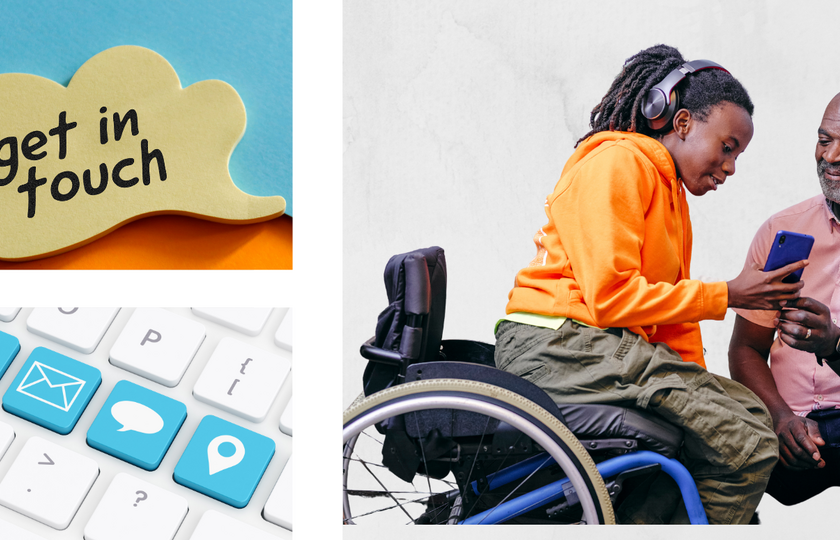News
TransActual’s major new findings on Transition-related Healthcare

Released during Trans Awareness Week (13th – 19th November), TransActual’s new report, Transition Access Survey 2022, shines a light on the experiences of 1,183 trans people accessing (or trying to access) transition-related care in the UK.
“Some of the experiences documented in this report cannot have been easy to share, and it does not always make for an easy read”, says Chay Brown, TransActual’s Director for Healthcare. “However, you’ll also find experiences of gender euphoria, joy and freedom”.
TransActual is a national advocacy organisation run with, for, and by trans people.
A significant report
Historically, data and understanding of trans peoples’ experiences in transition-related care has been scarce. Whilst waiting times have raised concerns, Transition Access Survey 2022 is the first report to document not only the scale of the problem, but also its impact on individuals’ physical and mental health, working lives and personal relationships.
Multi-year waiting times
The report reveals that waiting times at Gender Identity Clinics (GICs) are an estimated four-to-five years, with a further three-year wait for transition-related surgeries. GIC waiting lists are growing and increasing numbers of people are self-medicating testosterone and oestrogen as a result.
Multi-year waiting times are leading to a greater reliance on private healthcare, with some reporting that they are now dependent upon food banks to ensure they can pay for treatments. This is exacerbating socioeconomic disadvantages that many trans people face. Others are simply forced to wait for care, which can negatively impact individuals’ social and working lives.
Waiting for GIC appointments and transition-related healthcare can also have debilitating effects on individuals’ mental and physical health, as demonstrated in the report’s findings on mental health, self-harm and suicidality.
Why Transition-related Healthcare matters
Transition-related medical procedures were found to have improved all or nearly all elements of daily life. Many trans people reported feeling safer in public, decreased instances of harassment or abuse, and an increase in meaningful relationships.
A transmasculine person said that hormonal treatments “completely changed my life. My lifelong chronic depressions and anxiety disappeared”, whilst a transfeminine person reported that, as a result of taking HRT, “my blood pressure dropped to a level where I now don’t need medication. I’m no longer on antidepressants. I can sleep again and for the first time ever I can look forward to the rest of my life”.
Access the full report
You may access The Transition Access Survey 2022 by Dr Trent Grassian on behalf of TransActual UK at https://www.transactual.org.uk/transition-access-22
I have… gone from barely able to speak to being able to present in front of groups. I feel changes throughout my body have made me grow more at ease with my body than before. A non-binary person talking about medical transition





